*I am not a pediatrician and this post is not a substitute for medical advice. I am simply sharing our story and experience with baby-led wearing (BLW).
One of my most requested blog post topics has been on Kennedy’s transition to solids! I’ve shared a lot of videos of Kennedy eating on Instastories, and received so many questions in return. I thought it would be easier to write a blog post on this, since it’s quite an involved topic! I also want to stress that this is just what has worked for us, and how you choose to feed your baby is totally up to you. ?
Getting Started
Our pediatrician told us that we could start giving Kennedy solids between four and six months, whenever she could sit up unsupported and started showing interest in food. Although she started showing signs that she was ready around five months, I decided to hold off until closer to six months. I did this for a few reasons. The first is that babies have immature digestive systems, and I really wanted to wait until Kennedy was ready to digest food (this is a great article that explains a little more). And secondly, there’s no rush! Kennedy will be eating food for the REST of her life, so in the long run, a few months really don’t matter. And finally, I was a little nervous! I was (and still am) terrified of Kennedy choking, and it definitely played a role in wanting to wait until I knew for sure that she was developmentally ready.
Baby-Led Weaning
We have been practicing Baby-Led Weaning (BLW) with Kennedy. This is the practice of letting your baby feed themselves, whether it’s by loading up a spoon and handing it to them, or letting them grab items off a plate and feed themselves. Babies are allowed to explore, get messy, eat what they can, and set their own pace. There are a few reasons we decided to go with BLW. The first is that it teaches baby right from the get-go that they are in control of what goes into their mouth, which translates to greater satiety responsiveness (the mechanism that allows us to eat until we are full and stop before eating too much). I want Kennedy to grow up with a healthy relationship towards food, and I think that begins with teaching intuitive eating right from the start. Another positive outcome is a boost in oral motor development. Research shows that a majority of six-months-olds are able to reach out and grasp food. By offering babies finger foods, you’re providing important opportunities to practice these skills in a developmentally appropriate way. BLW also seems to help reduce the risk for picky or fussy eating behaviors in older children… maybe because encouraging self-feeding often means exposure to a greater variety of food, including family favorites and traditional ethnic dishes. And finally, baby-led feeding is fun! It’s simply really neat to watch your baby taste new flavors, try new textures, and explore their food (even if it makes a mess).
It may sound counterintuitive, but when starting out with BLW, it’s actually better to serve larger pieces of food. You want foods to be finger-sized so they are large enough that baby can’t force the whole piece into their mouth. We cut finger foods into the shape of “fries,” about the length and width size of a pinky. Kennedy grasps foods with her whole palm, and this shape is easy to grab. The food should be soft enough that you can mash it with gentle pressure from your thumb and forefinger. We make a lotttt of steamed fruits and vegetables, aiming for a texture that is soft, but not so soft that the food disintegrates when Kennedy picks it up.
So far, Kennedy has tried a variety of different foods and textures. In addition to finger foods, we also serve her purées and yogurt. We will load up a spoon for her and offer the spoon, but we also let her explore with her hands. Once she has tried a food a couple of times, we then feel comfortable adding some more flavor (with herbs and spices, like cinnamon!). BLW encourages exposing babies to a lot of different flavors and goes against the idea that baby food has to be plain and boring. If you’re looking for some creative recipes for your baby, I absolutely love this baby cookbook – we have made several of the recipes in this book and Kennedy loves them – and so do I! I usually make enough for us both to snack on.
Kennedy’s Schedule and Favorite Foods
I wanted to quickly write out Kennedy’s eating schedule in case it helps anyone. Of course, all babies are different, and this schedule might not work for you, but I find that it works well for us! Until she reaches the age of one, breastmilk and/or formula will continue to make up a large portion of her diet. If she doesn’t eat everything on her plate, I don’t stress. The important thing is that she’s trying new foods every day, not that she eats it all (and worrying about whether or not she eats it all defeats the purpose of teaching her intuitive eating!). I also want to point out that we feed her solids when Chris and I are also having mealtimes. I don’t know if there’s any research behind this, but I feel like watching us eat also encourages Kennedy to eat, too.
- First thing in the morning – breast milk on demand
- Breakfast – solid
- Midmorning – breast milk on demand
- Lunch – solid
- Mid-afternoon – breast milk on demand
- Dinner – solid
- Before bed – breast milk on demand & 200 ml formula
Kennedy definitely has preferences when it comes to food! I can tell when she likes something because she get’s SUPER excited and will have a smile on her face the entire time. So far, Kennedy’s favorite foods are plain yogurt (especially mixed with puréed prunes), pancakes, peanut butter puffs, cucumber, tomato and sweet potato. She has also tried broccoli, cucumber, pears, mashed potatoes, banana, chia seeds, avocado, butternut squash, eggs, carrots, and zucchini. When purchasing ingredients for her meals, I try to buy everything organic. When purchasing processed foods like the peanut butter puffs and yogurt, I pay close attention to the ingredients, making sure there are no added sugars. For example, we buy this yogurt because it’s made from organic whole milk, is “plain” instead of flavored, and has no added sugars.
Most Useful Feeding Tools and Gadgets
We have a few items to help feed Kennedy – one bowl, one plate, one cup, a couple bibs and a set of spoons. Once you find feeding tools that you like, I think it’s pointless to have a ton of them. We wash each item by hand after she’s done eating, and then it’s ready for whenever we feed her again. It also saves room in your kitchen if you don’t have a ton of feeding items! All of the items we use are made with 100% food-grade silicone, which is non-toxic and does not leech any harmful chemicals, unlike plastic. For bowls and plates, you want them to be easy for babies to “rake” the food against the side in order to grasp them. For cups, I am avoiding straws and sippy cups for now and instead focusing on teaching Kennedy to drink from an open rim. I offer fresh water in this cup with every meal (but I still have to help her hold it so she doesn’t spill it everywhere).
One appliance that we use a lot when preparing Kennedy’s food is this Beaba Babycook Neo. It’s a steamer and blender all in one, and all of the cooking parts are either made of glass or stainless steel (so your baby’s food never touches plastic). I like to cut up veggies into stick shapes and then steam them in the steamer basket – it doesn’t take long at all and is super easy to clean up. If you want to make a purée, all you have to do is put the steamed veggies into the glass reservoir and then hit the “blend” button. The machine is a bit of an investment, but it saves a lot of time in the kitchen and that makes it worth it to me!

Kennedy’s High-Chair
We have really, really loved Kennedy’s high chair so far! We have the Stokke Tripp Trapp high-chair. I originally decided to purchase it because it’s non-toxic – the base is made from solid beechwood and water-based paint and the tray is free of BPA and pthalates – but now that we’ve been using it for several months, we genuinely love it. It’s super sturdy, Kennedy can’t tip it over, and it’s easy to wipe down if it gets messy during mealtimes. I’ve heard from so many of you that it lasts for years and years, and not only that, but it grows with your child so they can use it for a long time. I love that we will be able to use this same high chair with our future children down the road!
A Note on Allergies
It’s definitely important to do your own research on allergies, but I found this podcast to be really helpful when it comes to exposing babies to allergens! We chose her approach. Starting on Fridays, we fed Kennedy the same potential allergen three days in a row (so on Friday, Saturday and Sunday). Then the next weekend, we would start a new allergen, and so on. The first weekend, we exposed Kennedy to cow’s milk protein, and she had yogurt three days in a row. The next weekend, we exposed her to peanuts, and she had these peanut butter puffs three days in a row. On the third weekend, we exposed her to eggs. She had an omelette one day, and then the next two days I made her pancakes using eggs, banana and chia seeds. We are thankful that Kennedy did not have any reactions to any of these potential allergens, but we will continue to watch closely in case she develops any in the future!
Let me know if you guys have any questions or if I missed anything! ?

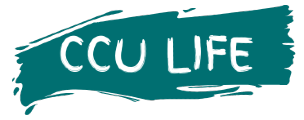

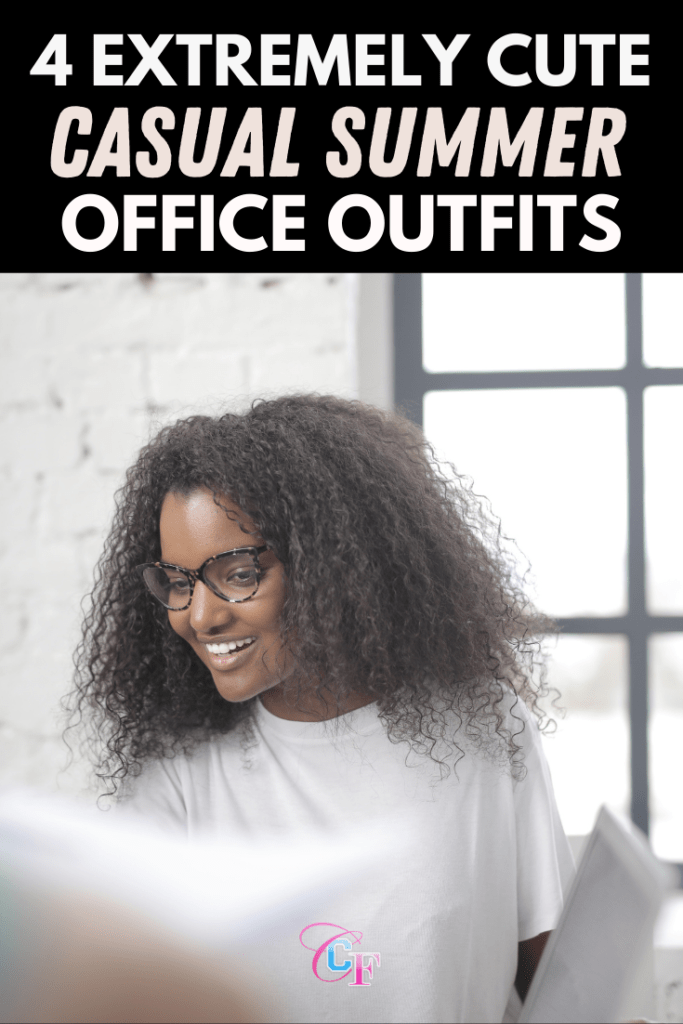


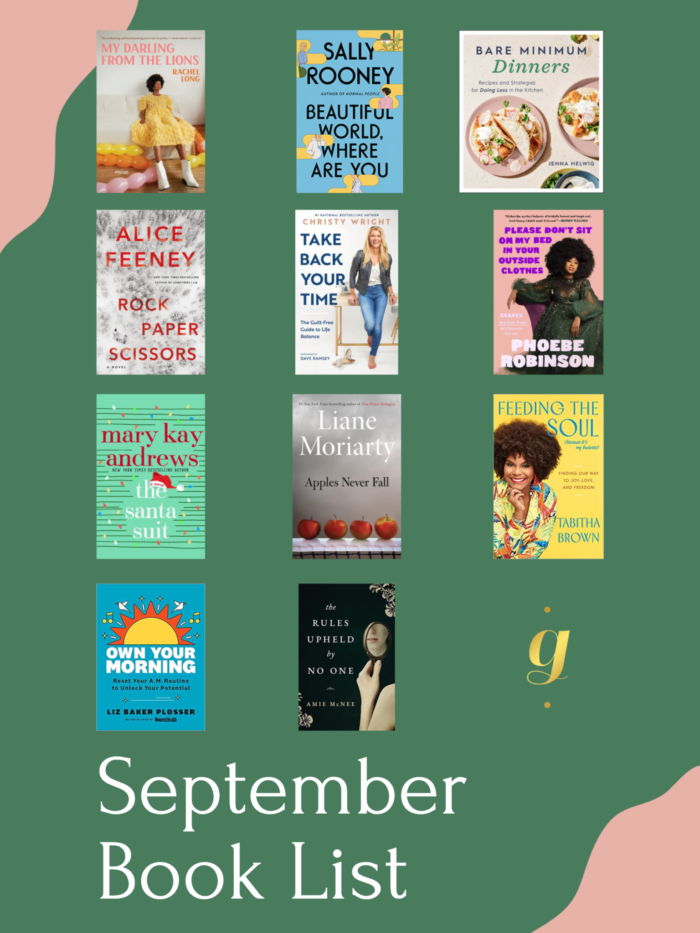
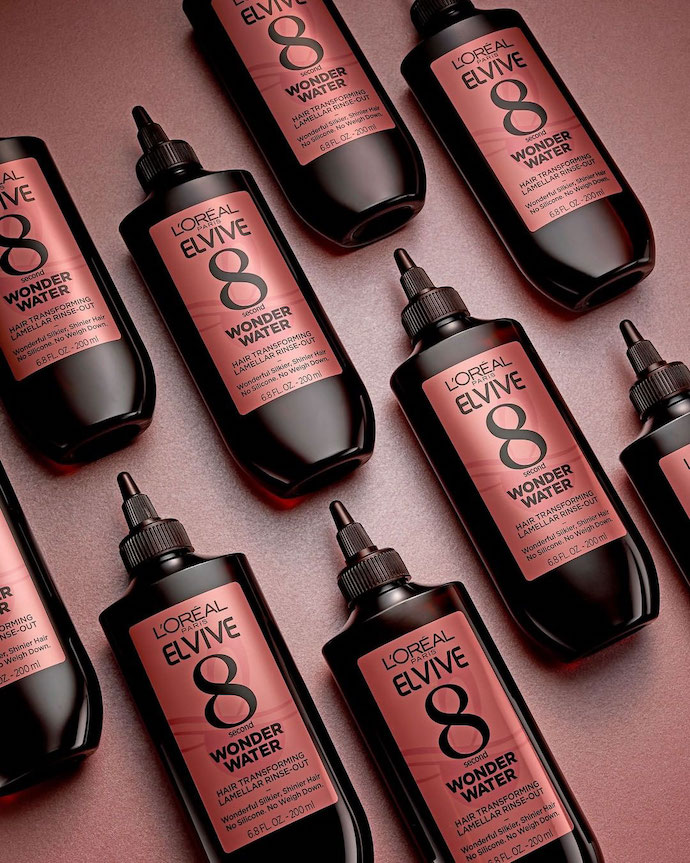
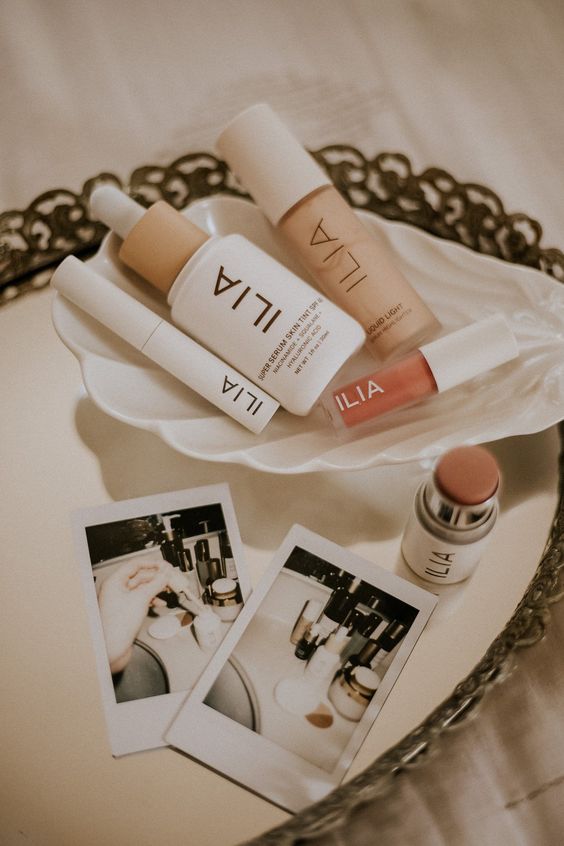
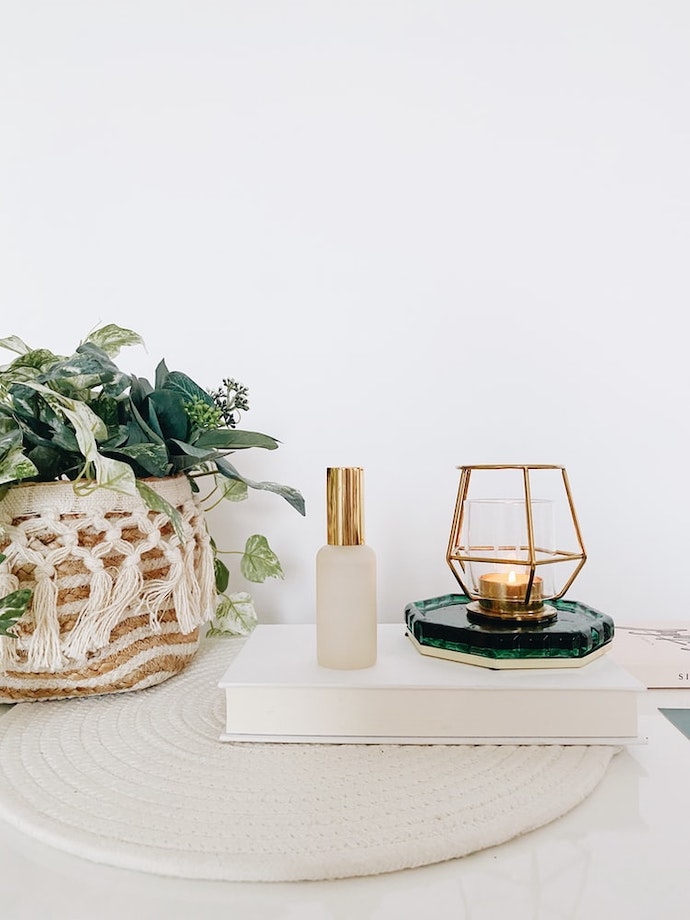
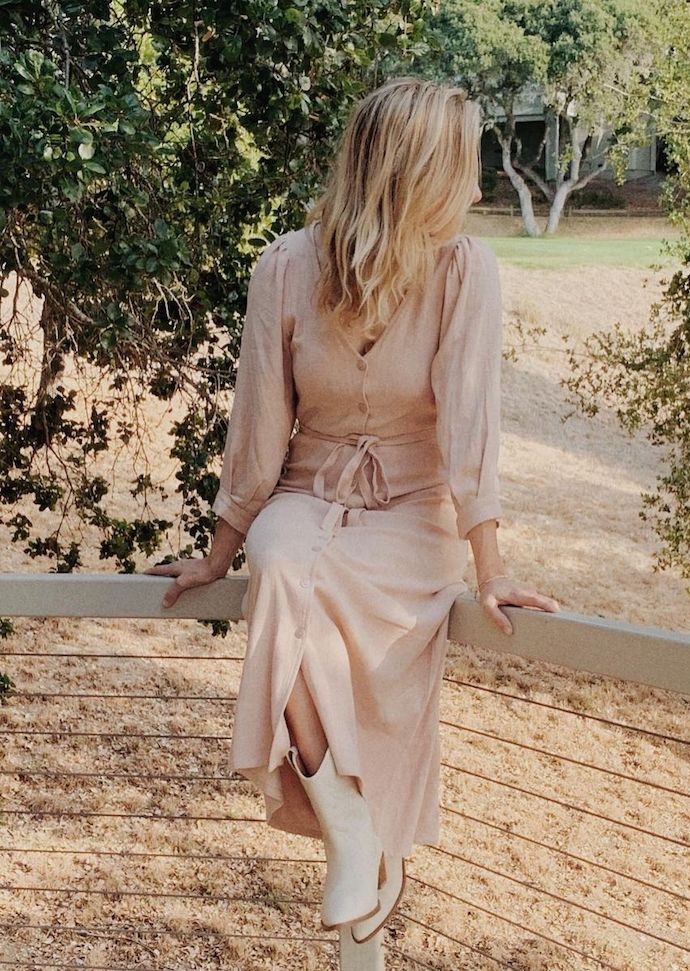
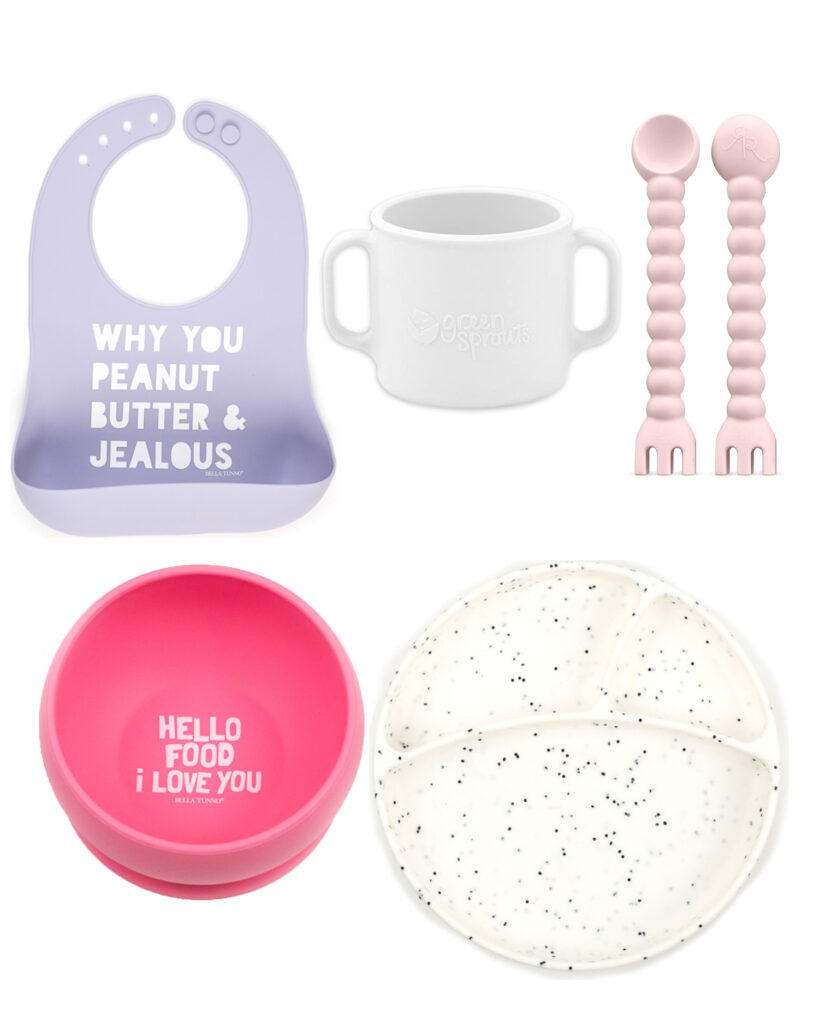

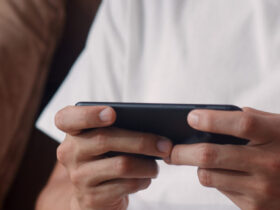
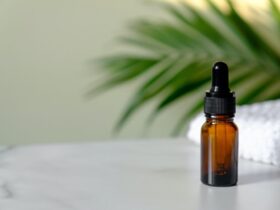
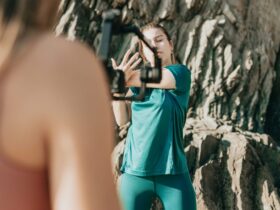
Hello!! Welcome to CCU Life
the lifestyle, college and fashion blog for Coastal Carolina University students, covering everything in school and life.